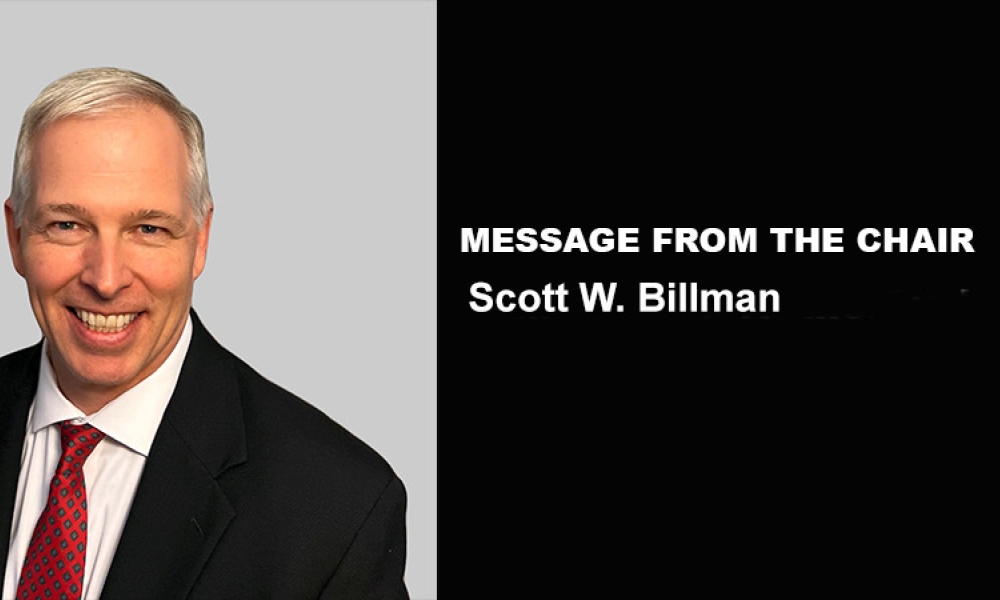Job Seekers: Observations From A Career Event

Biogen recently partnered with ISPE student chapters to host an evening of conversations about careers in the industry. During the event, I talked about job searching with some of the more than 200 attendees.
Applications
One frustrated student told me he had applied to well over 200 job postings, with minimal response. He thought that the more he applied, the better his chance of success. If he saw a job ad and thought, “I could do that,” he applied.
But here’s what he didn’t understand: There’s no correlation between success and the number of applications you submit. Success comes from a tailored résumé that shows you are the best candidate for the position. The better you present your background with relatable and quantifiable results, the easier it will be for recruiters to see your value.
Another student was more successful. Before applying, she contacted an acquaintance—an alum- nus from her school working at the company that offered the job. She scheduled a call to learn more about the position and what the hiring manager was looking for. She then tailored her résumé to match the job profile, highlighting key experiences and skills. She also asked her friend to refer her to the company’s talent acquisition team. She landed both the interview and a job offer.
Are You a Strong Candidate?
I talked with another group of students, all looking for similar roles, all extremely well qualified, who’d all been rejected for positions. So I did a little polling. I asked who was graduating with an engineering degree from a great program, and had a good
GPA? All hands were raised. Who had completed an internship? All hands were raised. I asked a few more questions, with similar results. It quickly became clear to them that competition for good positions is stiff. Success requires commitment to preparation and dedication to the small (but important) things that make you as competitive as possible.
Industry Immersion
I also spoke to a group about different types of positions within the industry. Almost all the students said they were confused about the kinds of jobs they should apply for, which departments might hire people with their skills, and other dilemmas. But one student, who’d belonged to an ISPE student chapter since she was a sophomore, said that she had participated in facility tours, industry panel discussions, and networking functions hosted by her chapter. These helped her understand what positions to target in her job search. The professional network she created along the way led to a referral for her dream job, which she will begin after graduation.
Of course, studying had trumped networking for most of the group. While beefing up your résumé with the right classes and school projects is unquestionably important, waiting until graduation to grow your industry knowledge and develop a network is a sure way to find yourself struggling in a job search. Get involved early to avoid problems later.
Leadership
From the moment students began to arrive, our team was evaluating their leadership traits—or lack thereof. It’s important to realize that someone is always watching during industry events. Since much of this industry involves teamwork, the way you interact with others can help you stand out—for better or worse.
What was I looking for? I wanted to see examples of inclusiveness, such as bringing others into the conversation and truly listening to what they had to say. I was looking for students who engaged easily with people they didn’t know, who delivered comments and questions thoughtfully. I was also looking for unfavorable characteristics—such as staying in cliques and avoiding conversation, asking questions timidly, or interrupting others.
Accountability
One of the best stories I heard was from graduate students who had created a job-seeking group. They had made a pact to meet once a week to help and hold each other accountable. They reviewed the previous week’s commitment to learning about jobs in their fields of focus, the actions they took to network, companies they researched, etc. All agreed that, together, they learned more quickly, recognized gaps and challenges they had not seen in themselves, and experienced positive results. Not one of them wanted to let the group down by being unprepared. A good support system can be a critical difference in a job search. I encourage you to find or start a group of your own. You might be surprised to find what you can accomplish together.
I am grateful to the ISPE student chapters who helped us organize this event, and to the students from the 13 different schools that participated. I hope you found this recap helpful.
Have other questions? Send me a note at david.g.smith@biogen.com and I will try to answer it in a future column.



